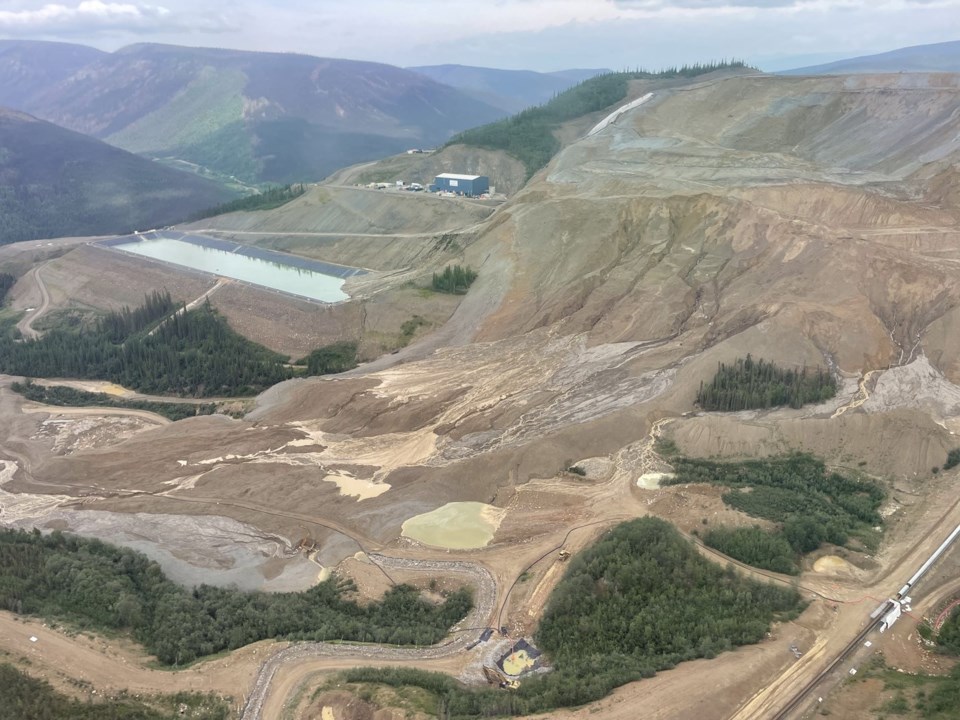WHITEHORSE — The Na-Cho Nyak Dun First Nation in Yukon wants the company that owns the gold mine where a massive ore slide and cyanide spill occurred in June to be removed from managing the cleanup, and it's calling for a public inquiry into the disaster.
The nation's leadership said the Eagle Gold mine's owner, Victoria Gold Corp., has failed to follow government directions and can't be relied upon to fix the situation.
"The company has lost our confidence and we do not believe they will be able to effectively address this disaster they created in our traditional territory," Chief Dawna Hope said in a statement issued Thursday.
Victoria Gold's public apologies and statements by its CEO "ring hollow," Hope said.
The First Nation is urging the Yukon government to "take immediate and robust action" to make sure mitigation efforts continue to "remedy and prevent" further environmental contamination from the site, the statement said.
The heap leach facility at the Eagle Gold mine failed on June 24, causing a massive slide of cyanide-contaminated ore and releasing millions of litres of cyanide solution used in the gold extraction process.
Yukon officials said Thursday that some water samples taken downstream have shown cyanide levels that "significantly exceed" guidelines for aquatic life.
The First Nation has said there should be a public inquiry to look into "failures that caused this catastrophe and ensure it never happens again."
Victoria Gold CEO John McConnell did not respond to requests for comment on Thursday, but told CBC North this week that the company is "doing everything humanly possible to prevent this from becoming a major environmental disaster."
In that interview, McConnell said the relationship with the First Nation is "strained," apologizing to the Na-Cho Nyak Dun and company employees and contractors.
The nation's statement on Thursday said Victoria Gold "lacks the financial resources to be entrusted with remediation."
McConnell said the company's finances are "fine" for the next four to six months.
The Na-Cho Nyak Dun's statement came after Yukon officials provided their latest update on water testing and sampling results from monitoring stations downstream from the Eagle Gold mine.
Brendan Mulligan, a senior scientist with the Yukon's Department of Environment, said there's been a "pattern of increasing cyanide levels" in water samples taken close to the mine site since the slide of contaminated ore.
He said samples taken further downstream show lower levels of the chemical due to dilution, and concentrations don't go above drinking water guidelines.
Groundwater sampling is currently on hold due to safety concerns over instability at the site of the mine disaster, Mulligan said.
Territorial officials continue to collaborate with the mine's owner and the Na-Cho Nyak Dun First Nation, he added.
Senior fisheries biologist Cameron Sinclair said monitoring is underway for long- and short-term effects on fish in nearby Haggart Creek, and tissue samples collected from fish have been sent to a lab for heavy metal accumulation testing.
This report by The Canadian Press was first published August 1, 2024.
The Canadian Press



